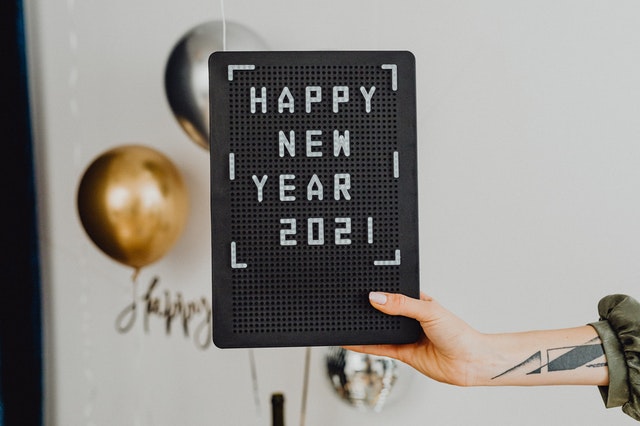
Photo by Dom J
Last month I said don’t get me started about cover letters still being a thing. Well, somebody got me started so fasten your seatbelts.
Waste is my pet peeve. Money, food, potential, any kind of waste annoys me. Since 74% of hiring professionals say they do not read an applicant’s cover letter, writing them feels like a waste. First, you have to tailor your resume to every job description. Then you have to write a cover letter that does not duplicate your resume. Finally, you must repeat the process for all your job applications. Why do we still have to write cover letters?
Introduction
Cover letters are most effective when you know who the hiring manager is, but they don’t know you. Check their social media profiles. Invite them to connect on LinkedIn. Ask your network if anyone knows them and if so, request an email introduction. Google them to find areas of common ground you can mention in the opening paragraph to personalize your cover letter. Think of this as an opportunity to showcase your written communication skills. Articulate your thoughts and ideas in as few words as possible. Demonstrate your attention to detail by using action verbs to indicate you researched the company and understand the job requirements. You usually have to apply on the company’s website, but applicant tracking systems (ATS) are not your friends. After applying online, email your cover letter and resume directly to the hiring manager. Include a note saying you applied online and, for their convenience, you attached copies so they can easily identify you in their ATS.
Initiative
Cover letters are useful for addressing employment gaps, career changes, or special circumstances. Briefly explain the situation, give context, and share how the result makes you the best fit for this position. For example, let’s say you are a software engineer who got laid off. While looking for a full-time position, you helped a non-profit develop a tool to standardize their donor database. In your cover letter, say something like, “You’ll notice in my resume that my last position was eliminated seven months ago. I’ve filled that time gap with a project for my favorite non-profit. I developed a tool to standardize their donor database. Now supporters only receive one request per campaign. I will use what I learned from this project to help you improve your customers’ experience.”
Interest
Cover letters give voice to your enthusiasm. Managers want to hire employees who want to do the specific jobs they have open. If you apply for a job just because you need the paycheck, that attitude will seep into your cover letter. Differentiate yourself from other applicants by explaining why you are interested in the company, what attracts you to the role, and how you can contribute to the organization’s goals. These specifics signal to the hiring manager that you have put both thought and effort into what a relationship with the company could look like.
If it’s a job you really want, then write a cover letter and make the most of it. Personalize it by adding details from your research on both the company and the hiring manager. Highlight people you both know. State why you’d like to work for them. Include links to your portfolio or awards or quotes from clients who appreciated your work. Build a case for why you are the ideal candidate for the job.
Should cover letters still be a thing? Please share what side of the debate you’re on in the comments.

